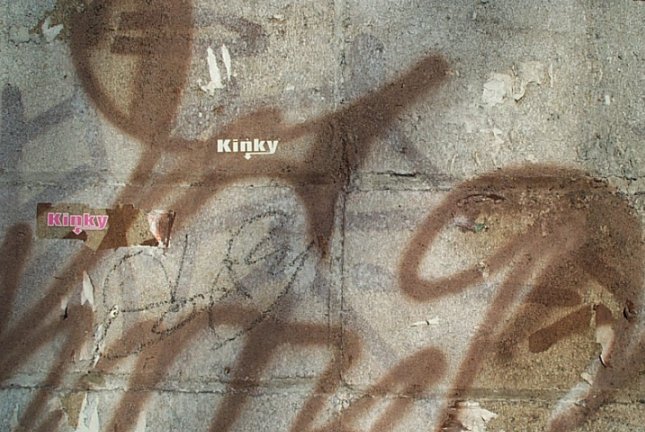
WHISK(E)Y
BY DENNIS DiCLAUDIO

| (
Okay, real quick: whiskey, or whisky, as you may prefer, was first distilled in the 13th or 14th Century—when exactly we will never know for sure—from rye, corn, and/or barley grains by dirty Gaelic Scots in tartan skirts and went by the name uisgebeatha, a compound of uisge for "water" and beatha for "of life", thus taking the name "water of life", which took on particularly significant meaning when the secrets of its distillation process were transferred to the Irish, who one might assume took its name (uisce beatha in Old Irish) to heart, consuming it to the continual point of falling, while singing ridiculous songs and reproducing at an alarming rate, much to the consternation of the English, who understandably could not stand the Irish, but did not seem to have a problem with their "water of life" (interestingly, whiskey and water share a common Indo-European root, wed, meaning "water" or "wet," and that this same root is also responsible for the depressed and angry Russian people's word for vodka, or "little water," a diminutive form of voda, meaning water; but, uninterestingly, the word gin is derived from "geneva" the Old Dutch fecalphile's word for juniper berries, through which vodka is filtered to make gin) because they, also, took it into their hearts and pubs, and although it never really caught on there as it did in Ireland—probably because it actually had some flavor, and therefore, some interesting quality, which, as we all know, the English will simply not abide, preoccupied, as they are, with buggering young boys—it did enter into the English language in the late 16th century as iskie bae, and here we can see how its modern pronunciation was forming, so that, by the time it was brought across the Atlantic, and gained popularity with the poor and stupid American colonials, it had taken on its two modern spellings—whisky, among the Scot and English settlers, and whiskey, among the Irish settlers—for which there is no apparent reason other than that the Irish are obnoxiously headstrong drunks and insisted on the unnecessary e, which was also picked up by the Americans, probably because the bars were so rife full of Irish men, women and children that the e just became engrained in their heads—which was just fine by the Scots, who were getting all uppity back at home, even though it wasn't even a real country, and started calling their whisky scotch and distilling it with a single grain, instead of a blend, and pretending it was a gentleman's drink instead of something that had been invented to fuck them up and keep their kids from shagging all the sheep—and thus whiskey with the e made its way across the Eastern Seaboard and westward with the growing young country, becoming the popular drink, in its cheap and easily storable state, for everyone who was dirt broke, cold and starving, or, in the absence of enforceable laws, just looking for the slightest provocation to shoot a perfect stranger in the head, which really encompassed just about everybody, and it is why today, all American whiskies (including the bourbons, so named for the Bourbon region of Kentucky where the inbreds bumbled into the concept of burning the inside of the casks in which the whiskey is stored and thus giving it its particular flavor) are spelled with an e—with the exception of the caste-jumping Maker's Mark people, who, ridiculously, are trying to align themselves with the Scots and their single malt drink, despite the fact that their bourbon tastes nothing like scotch —while the Canadians, who are totally up the English's ass, even after centuries of occupation, leave the e out of their whisky, but what more can you expect from a country that actually allows the French to fuck their women? * Dennis DiClaudio does (this). [Forever after at http://eyeshot.net/whiskey.html]
|
|
B R A V E S O U L S R E C E I V E
|